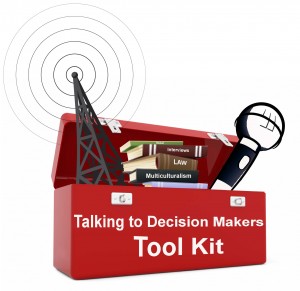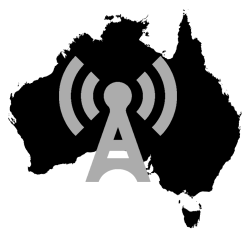 There are a few things to be aware of when covering elections, on top of your ordinary responsibilities as a broadcaster.
There are a few things to be aware of when covering elections, on top of your ordinary responsibilities as a broadcaster.
Conflict of Interest
Your listeners have the right to know if you’re a member of a political party when you are covering political issues. You should declare to your listeners that you are a member and allow them to make up their own minds about whether you have covered the issue fairly or not. The same applies to any issues that you might have a personal interest in: you should always declare to listeners any conflict of interest.
For example, if you are a member of the Teachers’ Union and you are covering a teachers’ strike, you should let them know. Or, if you are involved in an inquiry into police racism and you are talking about it on your show, you should let your audience know that you are involved in the inquiry.
Code of Ethics, Defamation and Media Law
The Media, Entertainment and Arts Alliance has a very good code of ethics that you should read so that you know what your obligations are to your audience and your community as a broadcaster: http://www.alliance.org.au/code-of-ethics.html
You should also read up your station’s Media Law handbook in preparation for the election coverage. Make sure you understand defamation law and do not be scared to ask your station management for help in understanding it. People have strong emotions and feelings about politics and you need to be careful about what you say about people on air.
For example, you can’t say: ‘Senator Bloggs is an incompetent, adulterating, nincompoop…’ (even if you have evidence that he is, it is best not to make these sort of statements).
It’s better to focus on the issues and not the person. You can could: ‘The policy that Senator Bloggs supports will be terrible for my local community because…’
The Australian Communication and Media Authority has strict rules about how and what to broadcast during an election period; these rules are law so all broadcasters need to make sure they do not break any of them. These rules are in place to make sure coverage of the election is fair and balanced.
The following instructions regarding election coverage are from the CBAA website:
Political Material
- The station may broadcast political content (news, statements, commentary or discussion) during the entire election period provided that ‘the broadcaster give reasonable opportunities for the broadcasting of election matter to all political parties contesting the election…’
- Be sure that all broadcast material is logged. Logging is a licence condition. The Australian Communications and Media Authority (ACMA) is entitled to request audio logs/ details of any political or current affairs material that is broadcast on your station.
Political Advertising
- The broadcast of political advertising must cease three days prior to the polling day. This applies to state and federal elections. If the election is to take place on a Saturday, advertising must cease at the end of the Wednesday and only re-commence after the polls are closed on Saturday.
- The station must announce the details of the party that has authorised and sponsored the political advertisement.
- The political advertisement must be ‘tagged’ eg. ‘This political announcement was sponsored and authorised by XXX party’.
- If a station broadcasts the political advertising of a political party, the opportunity of advertising must be available to competing political parties.
For more information please see:
ACMA fact sheet covering the broadcasting and communication of political and election matter (pdf)




 Click on the map and zoom into your location to find community radio stations in your area.
Click on the map and zoom into your location to find community radio stations in your area.